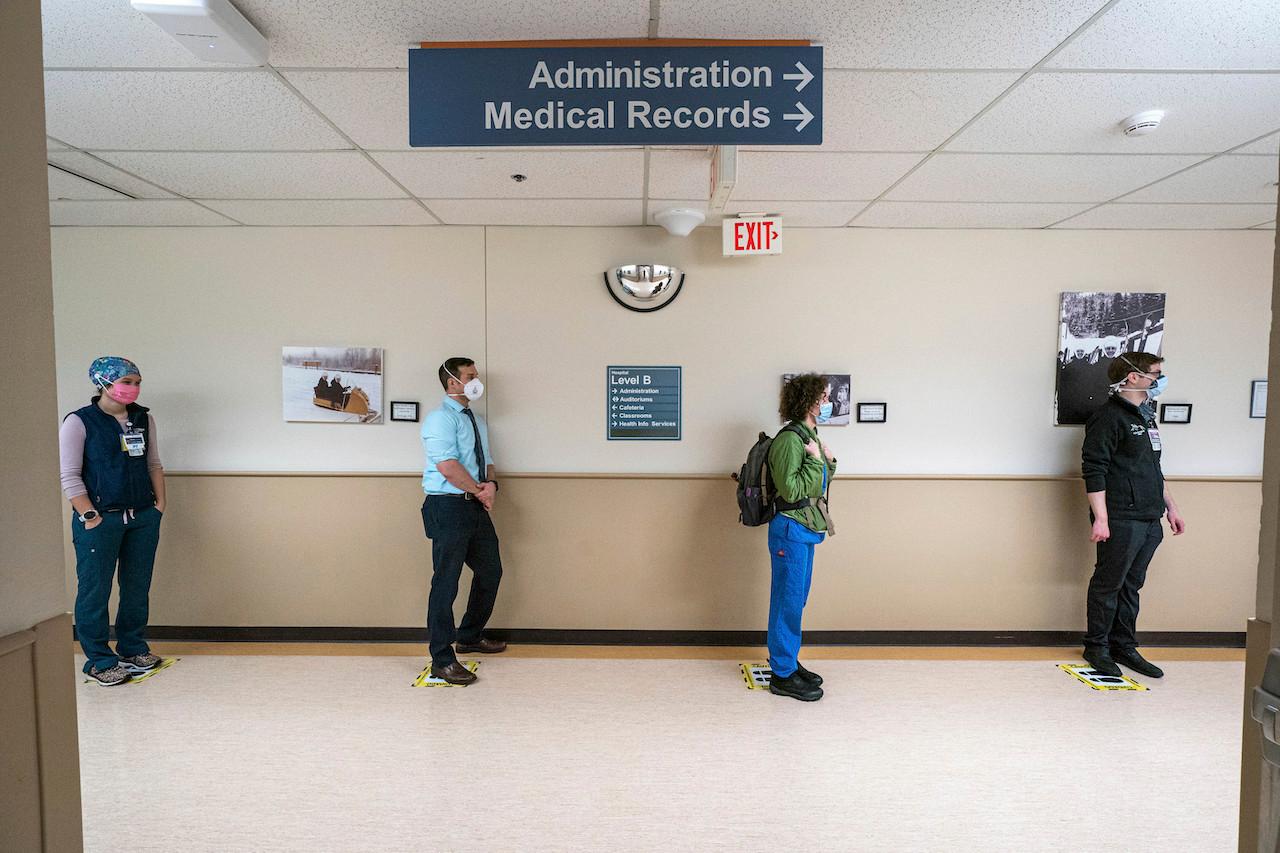Asia-Pacific countries not guaranteed to get vaccines quickly, says WHO
WHO representatives warned that mass vaccinations, when they arrive, will not stop the virus and that governments need to prepare for new cases appearing.
The World Health Organization (WHO) said in Jakarta on Thursday that countries in the Asia-Pacific region should adopt a long-term approach to the pandemic as they are not guaranteed to get early access to Covid-19 vaccines, reports the Associated Press.
“The development of safe and effective vaccines is one thing. Producing them in adequate quantities and reaching everyone who needs them is another,” WHO regional director Dr Takeshi Kasai told reporters in the Indonesian capital.
Some countries that have independent vaccine purchase agreements might start vaccination campaigns in the coming months, but others might not see vaccinations beginning until mid or late 2021, said Dr Socorro Escalante, WHO coordinator for essential medicines and health technologies.
“Most, if not all, the countries in the Western Pacific region are a part of the Covax Facility and within that we are expecting the vaccines will be arriving in the second quarter of 2021,” said Escalante.
Covax was set up by WHO as a global coalition to ensure equitable access to vaccines across the world.
The health body warned that mass vaccination will not stop the virus and that governments need to adopt a long-term mindset for dealing with new cases as they are detected, by being ready for increased testing, contact tracing and quarantine measures.
“The virus does not rest, and so therefore we need to continue with our responses, ensuring that they are implemented consistently,” said WHO regional emergency director Dr Babatunde Olowokure.
Olowokure also appealed to younger people, who represent growing numbers of new confirmed cases in the region, to adhere to social distancing and other safety measures.
The WHO Western Pacific region is home to almost 1.9 billion people across 37 countries and territories.
Subscribe to our newsletter
To be updated with all the latest news and analyses daily.
